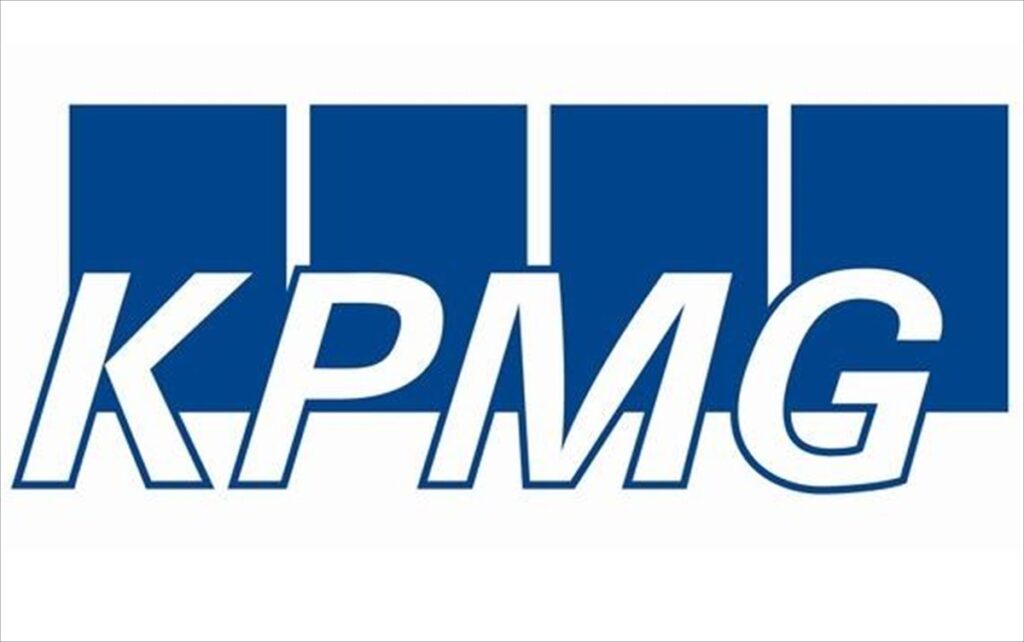
After a year of upheavals, engineering and building firms are hoping to significantly reduce project failures by transforming the way they manage their portfolio risks. The "KPMG 2021 Global Construction Survey" for the construction industry entitled "No turning back, An industry ready to transcend", highlights a construction industry on the verge of fundamental change.
"Having emerged from the pandemic relatively unscathed, there is a prevailing feeling that contractors may finally start turning their backs on projects that involve unmanageable risks that could put their entire business at risk," says Geno Armstrong, Global Sector Leader, Engineering & Construction, KPMG. "We're starting to see contractors passing on the risks. At the same time with an unusually high level of collaboration in order to address the increased impact on costs and timing."
This 13th edition of the global construction sector survey presents an optimistic outlook. Two-thirds of project owners anticipate expanding their investment programs. Half of the respondents should be "very" or "somewhat" optimistic about the future orientation of the construction market.
A common view of risk in the construction industry
Risk management is at the core of the effort to improve organizational resilience. At 60%, respondents say they want to get a more comprehensive view of risks, increasing integration and visibility between managing business, portfolio and project risks. Two-thirds plan a moderate or high level of investment in risk management.
According to Armstrong, The failure of a project can have disastrous consequences for the rest of the portfolio. "By having a comprehensive, clear, real-time view of all regions, business units and projects, businesses can target, assess and adjust the level of portfolio risk appetite. This will allow them to make better decisions about undertaking new projects."
Bolder and more coherent investments in technology according to KPMG
Having made rapid progress in remote work and digital collaboration, 43% of respondents plan to capitalize on this fact. This will be achieved through significant investments in technologies to enhance the return on their investment programs. "Technology adoption" was also ranked as the second most important factor in the ability of engineering and building companies to manage disruptive events.
However, companies are faced with a breadth of geographies, fragmented supply chains and a constant stream of new software. In this context, they may find it difficult to effectively integrate risk management and project management. Just 16% of executives surveyed reported that businesses have fully integrated systems and tools.
Armstrong thinks the construction industry should be more willing to cooperate. A collaboration involving the use of technologies, for common benefits.
"Project owners need to invest in breakthrough innovations in a way that benefits every contractor they work with. So we will begin to see the responsibilities shared between the two parties. In this way, efficiency, safety and quality will be achieved. All of this could make projects more resilient and less vulnerable to delays, cost overruns and accidents."
Slow but steady progress in diversity, equity and inclusion
The global construction industry's efforts to embrace greater diversity, equity and inclusion appear to be still in their early stages. But landlords have made more progress than contractors. Just 46% said their business has a formal program for building diverse and inclusive teams. Only 26% have a formal diversity program for their suppliers.
In more and more areas, project owners are demanding greater diversity. A condition that is required both in their direct contractors and in the wider supply chain. But it's not just a compliance issue, as Armstrong explains.
"A culture of diversity and inclusion enriches organizational capabilities and attracts talented people. The most sought-after candidates seek the possibility of a fulfilling career in a safe and supportive environment. An environment without obstacles and ceilings in their careers. The industry needs new talent and new ways to tackle long-standing challenges. A company with diversity is also more likely to be more innovative and adaptive."
You can find the KPMG 2021 Global Construction Survey for the construction industry "No turning back, An industry ready to transcend".
KPMG Greece (construction industry)
Sofia Grigoriadou, Managing Partner, Papacostopoulos - Grigoriadou and Associates Law Firm (CPA Law), independent member of KPMG's international network of legal and tax services
"The biggest risk that the construction industry will have to face in the coming period, having already managed the consequences of the pandemic, it will be the increased cost. The optimal use of artificial intelligence, the use of innovative materials for the sustainability of investments and the attraction of a remarkable workforce seem to be the factors that will determine the adaptability and resilience of companies. This risk will intensify competition between companies in the sector'.
Alexandros Veldekis, General Manager, Audit Services, KPMG in Greece
"The future of the construction market seems optimistic. This optimism stems on the one hand from the successful undertaking of projects by construction companies due to the better management of their business and project risks. On the other hand, by enhancing the efficiency of their projects as a result of investments in new technologies and digital tools. At the same time, it seems that The construction industry is gradually starting to attract the most capable workforce on the market as construction companies expand diversity, in terms of their internal structure and supply chain, and begin to cultivate a climate of equal treatment of their employees."




